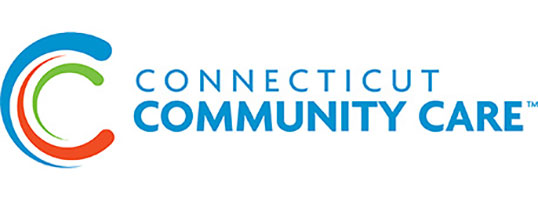Learn more
What We Do
Our Approach
Listen and provide innovative health and wellness solutions to help people live at home and empower them to engage with communities that are aging, dementia and disability inclusive.
Learn more
About Us
Our Commitment
Become a trusted partner, solution seeker, navigator and advocate, helping you thrive at home and in your community. Through our national accreditations (National Committee for Quality Assurance/NCQA), we affirm a commitment to person-centered, quality care management.
Learn more
Who We Support
Our Vision
A community that respects the dignity, rights and contributions of individuals of varying abilities and provides the resources to live how and where one chooses.

2024-25 Gratitude & Impact Report
Read our newly released 2024-25 Gratitude & Impact Report
Together, Let’s Help People Live Their Best Lives at Home
Read stories about how your support will make a huge difference in someone’s life.

Connecticut Age Well Collaborative in Our Communities
Learn more about this statewide, cross-sector CCC initiative that’s helping to foster communities where we all thrive as we grow up and grow older.
Can We Help You?
More
News

Connecticut Community Care
Visit us at:www.ctcommunitycare.org
This content isn't available right now
When this happens, it's usually because the owner only shared it with a small group of people, changed who can see it or it's been deleted.Connect With Us On Social









